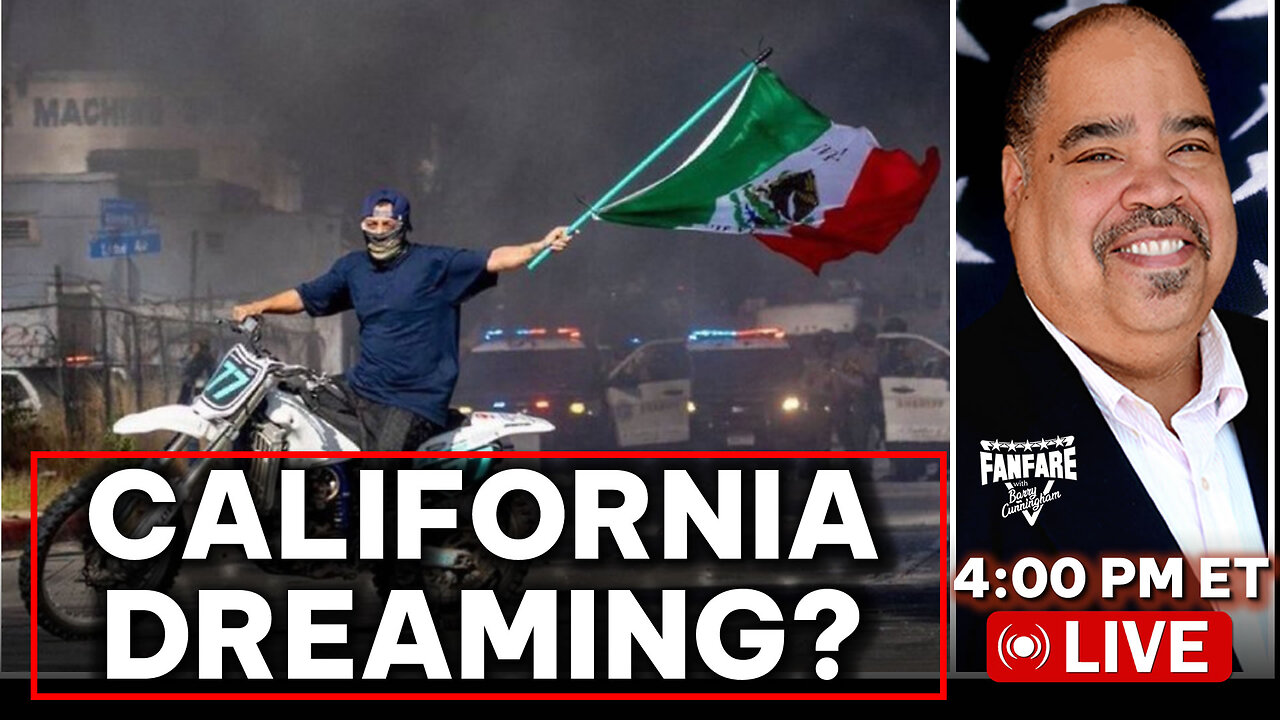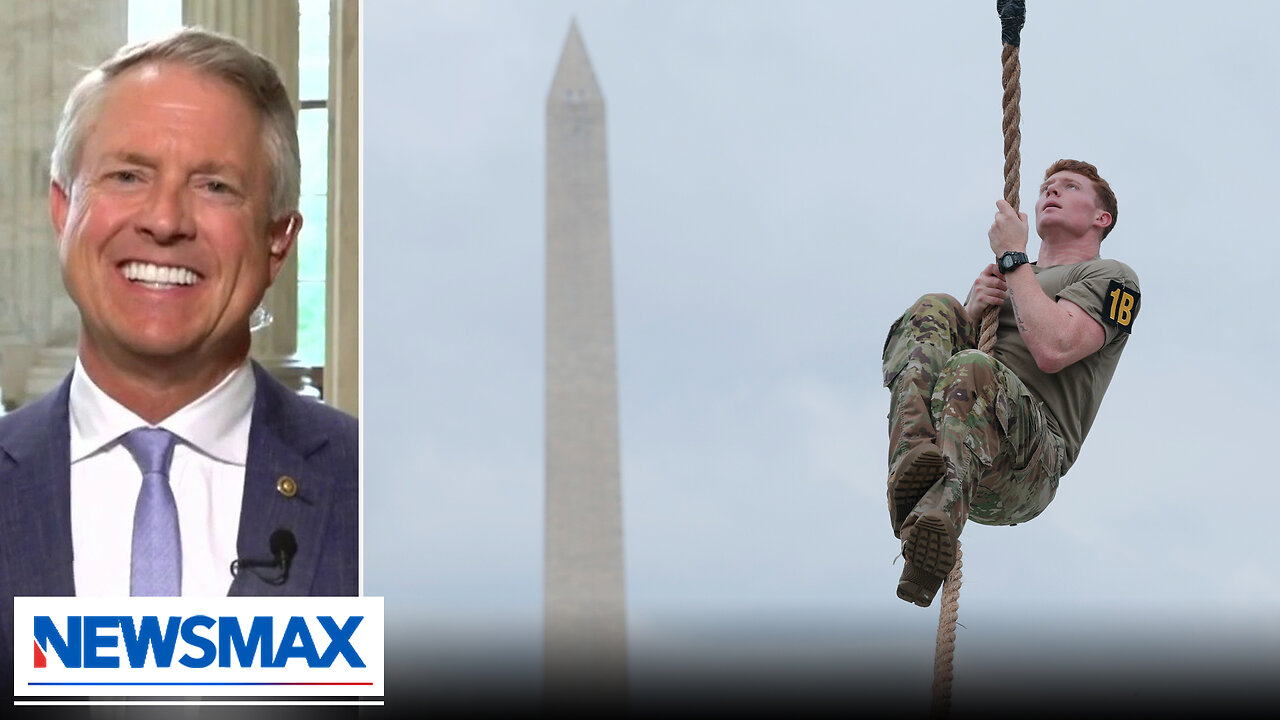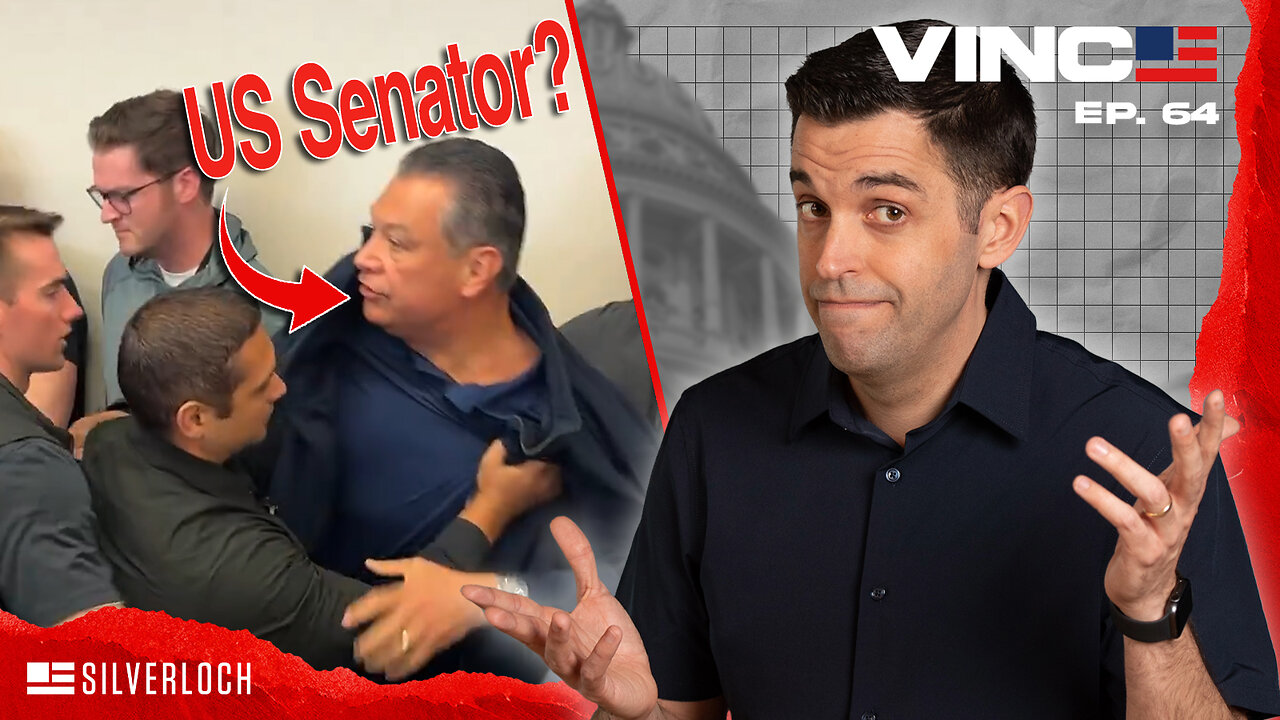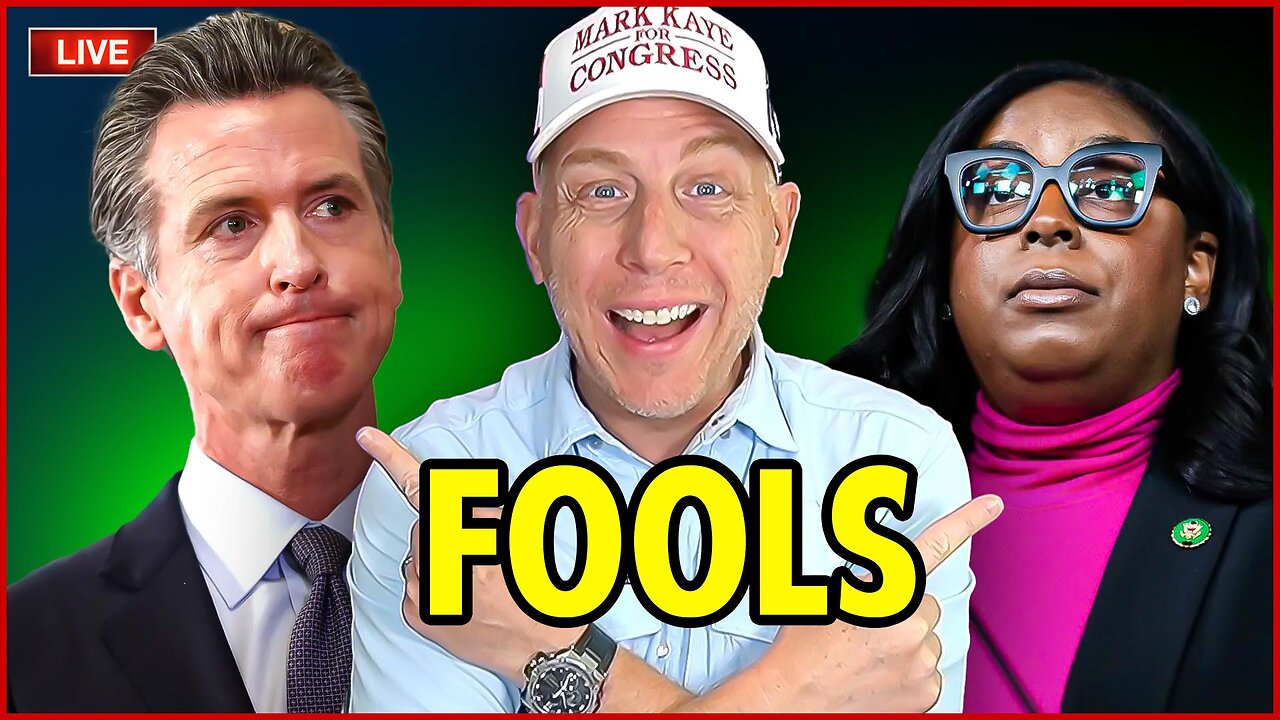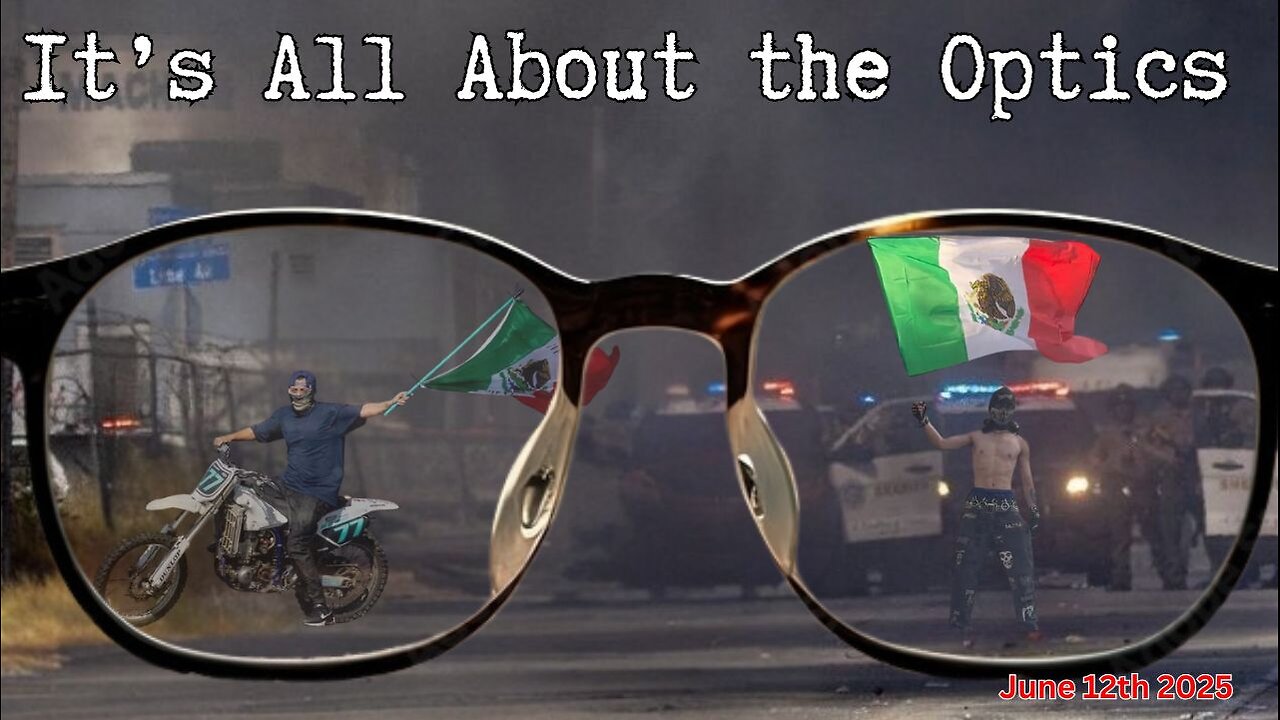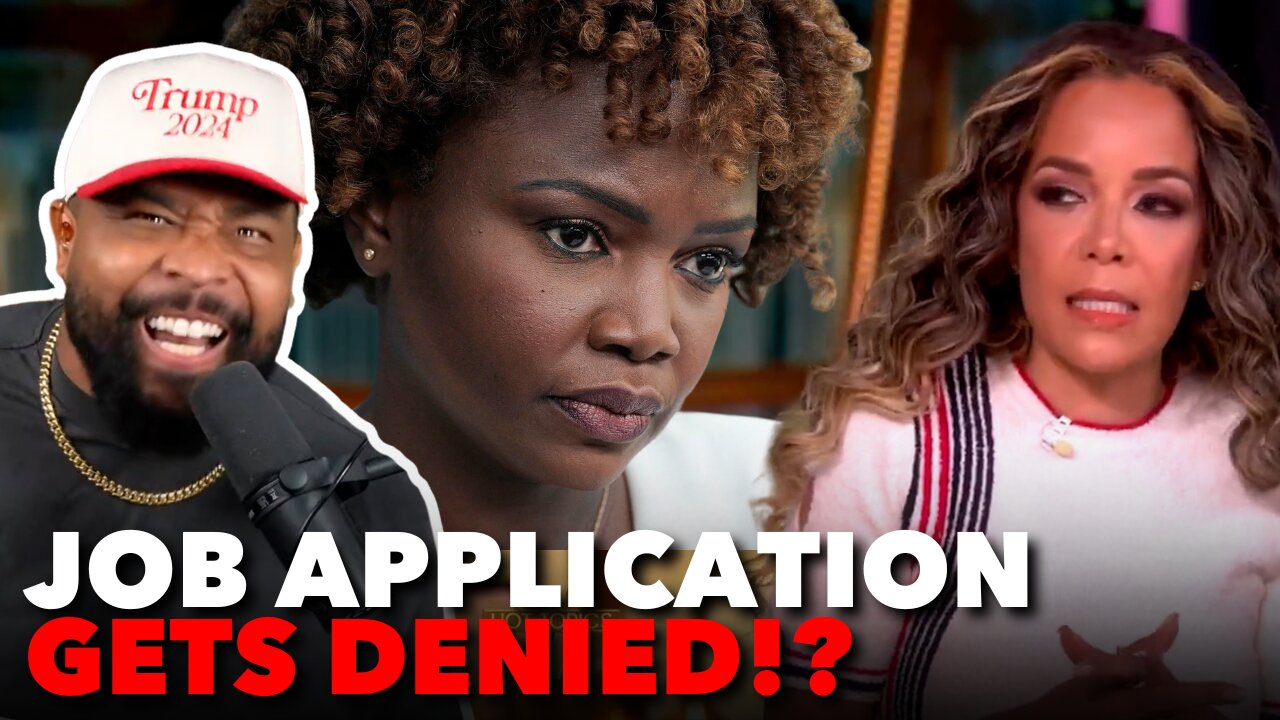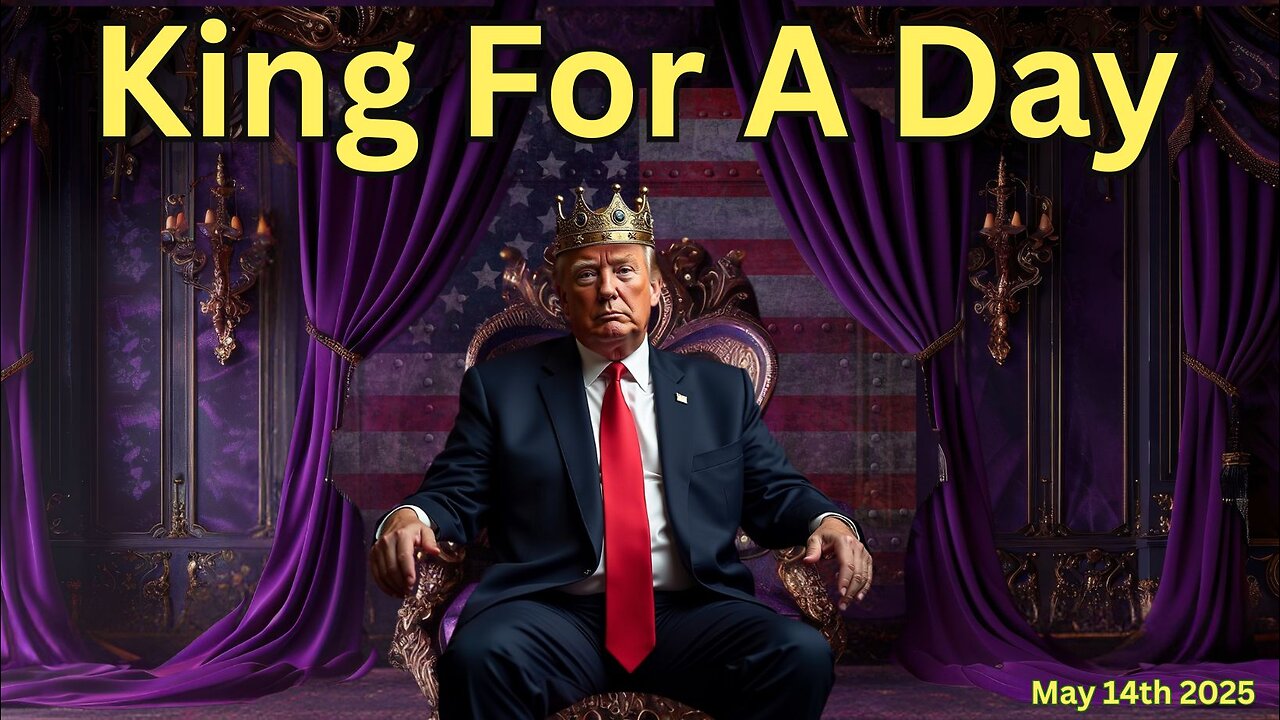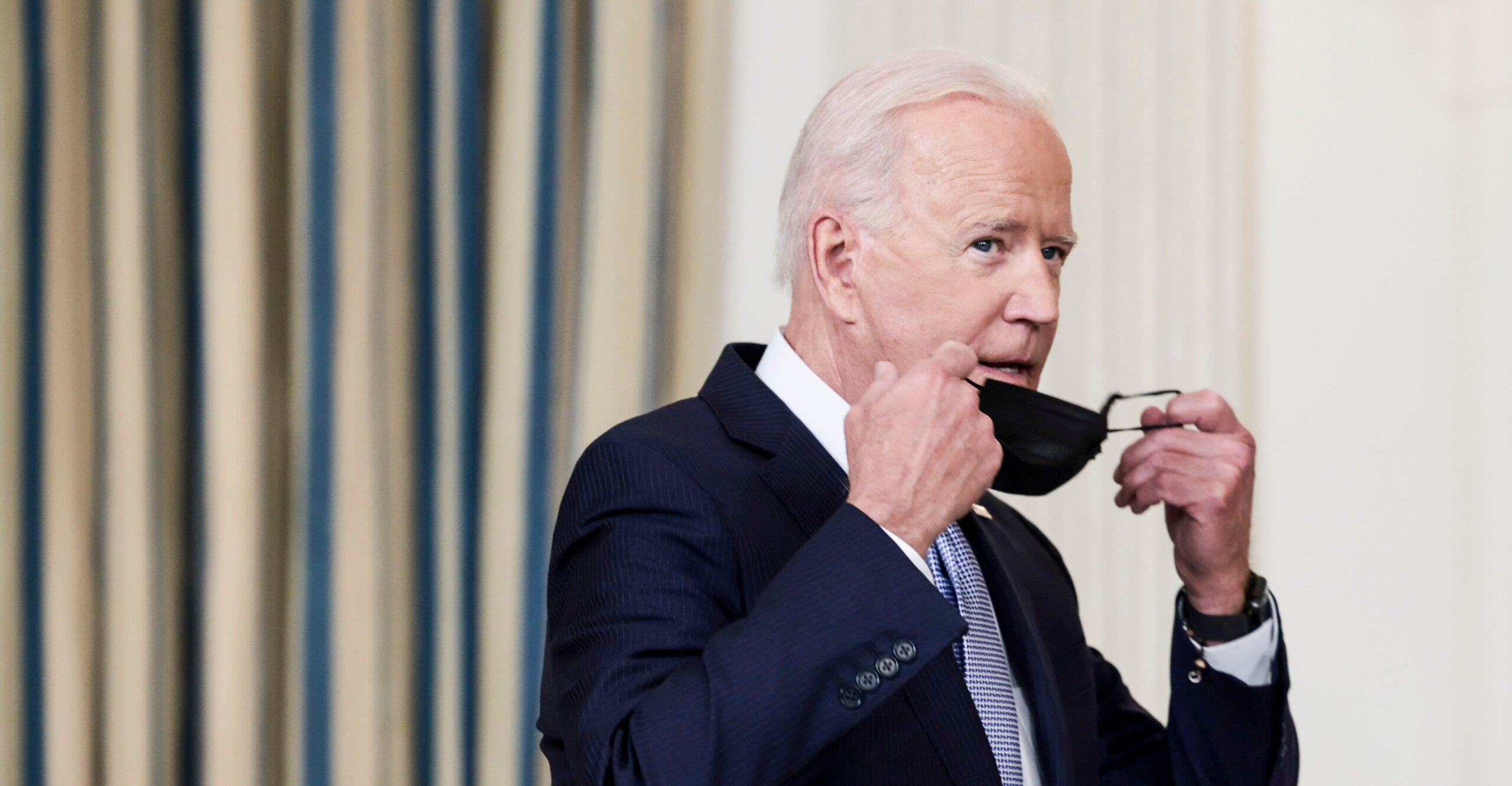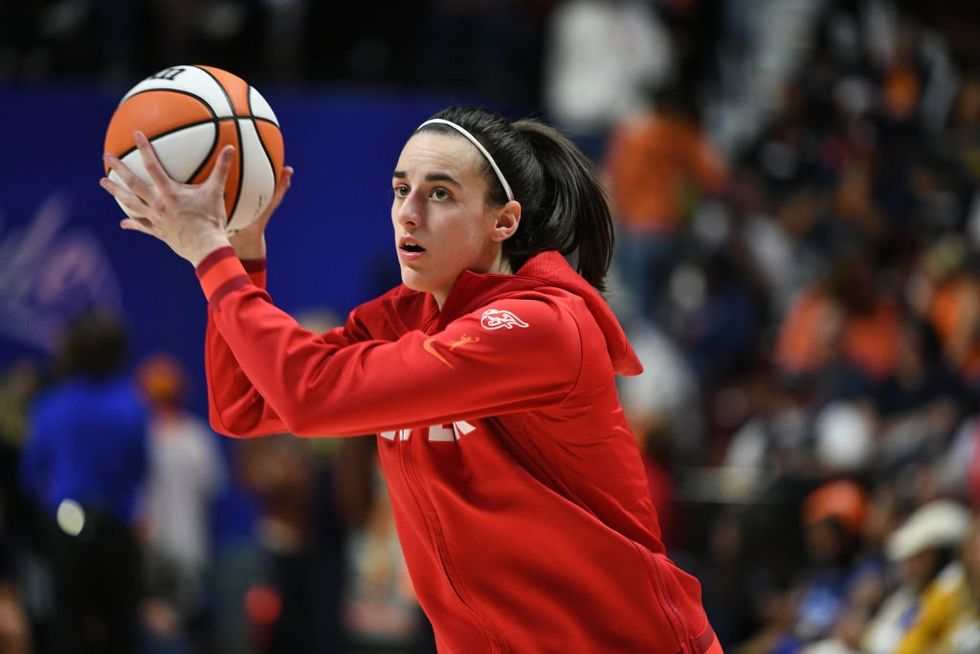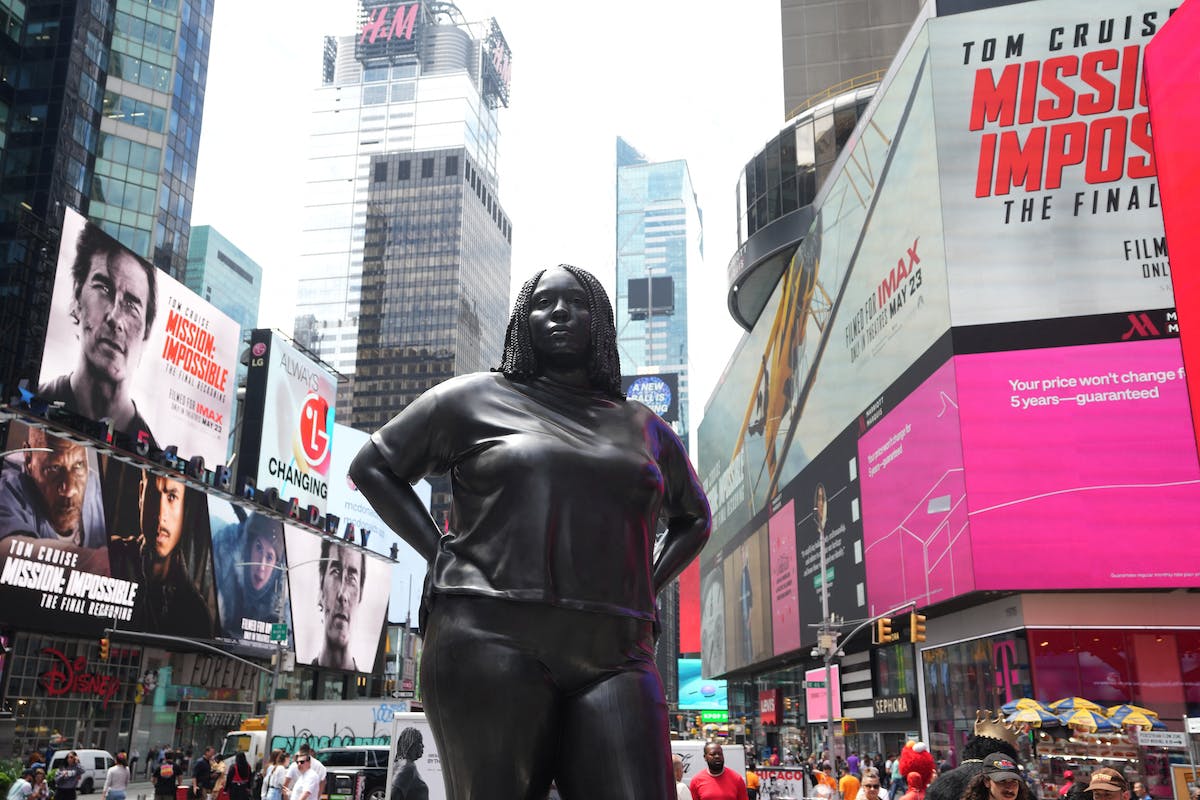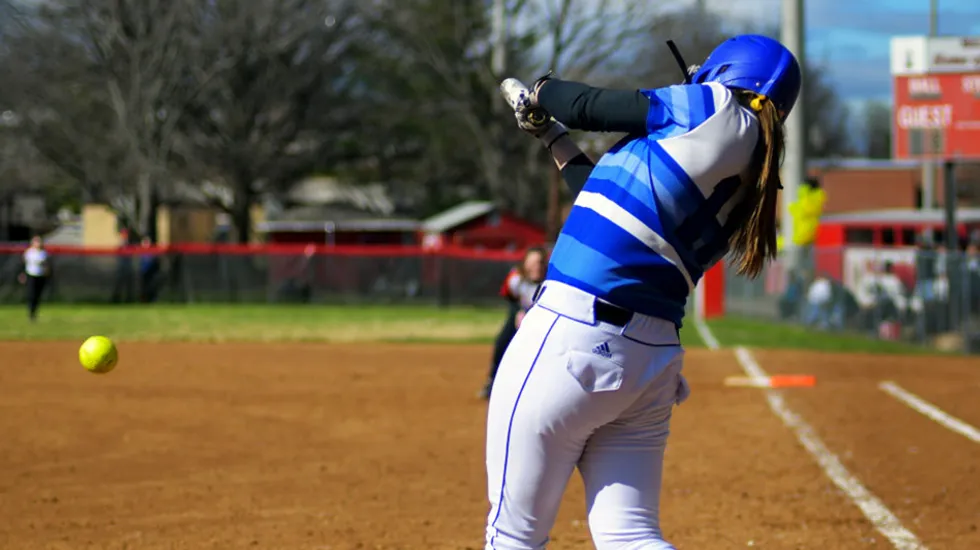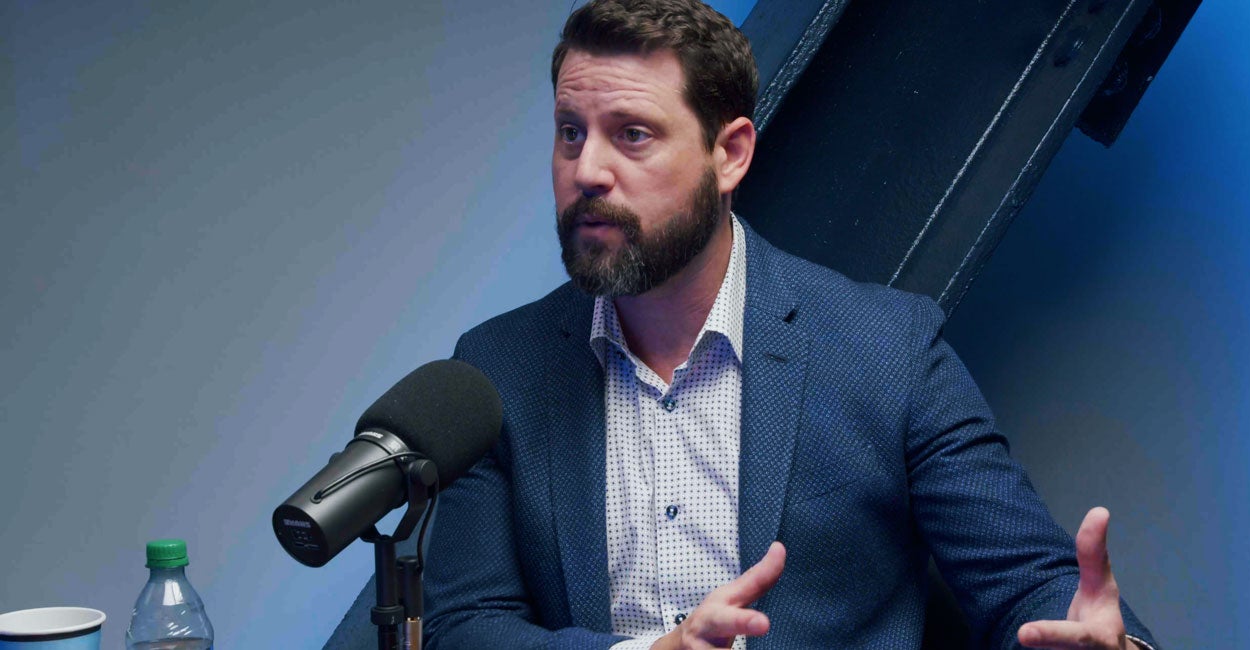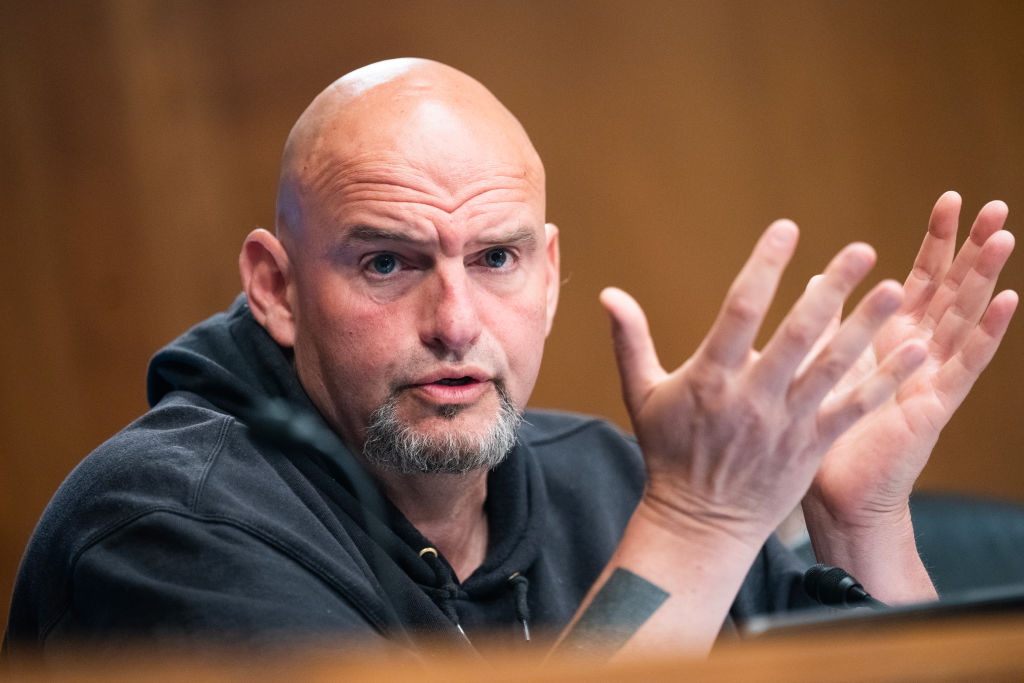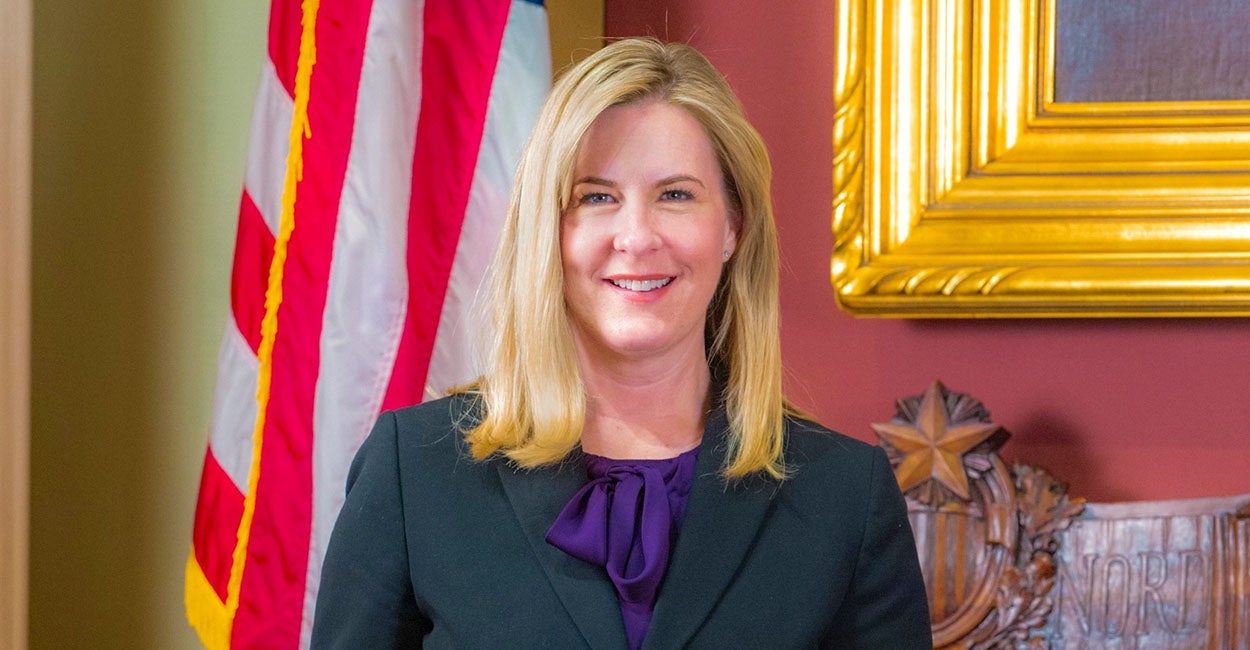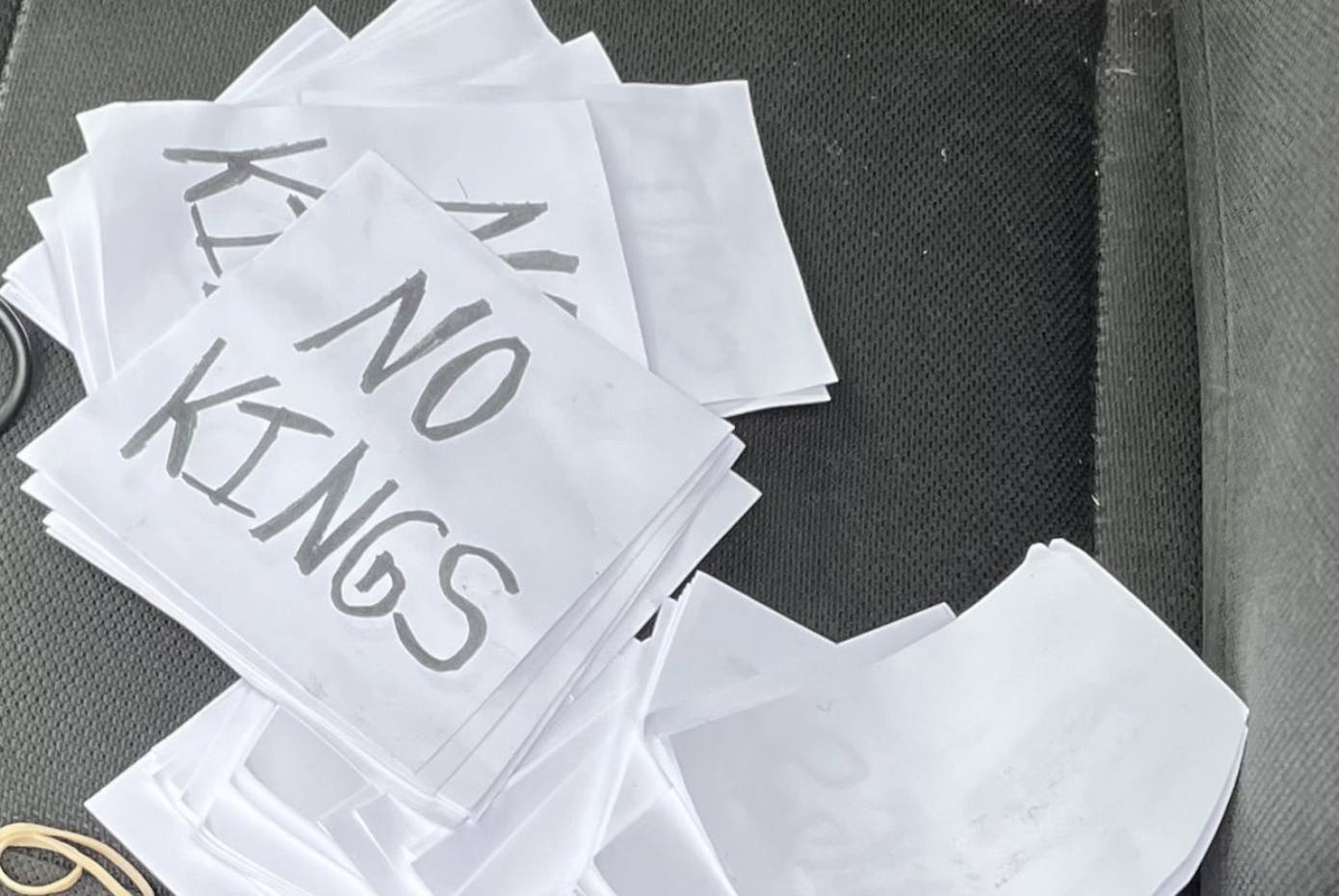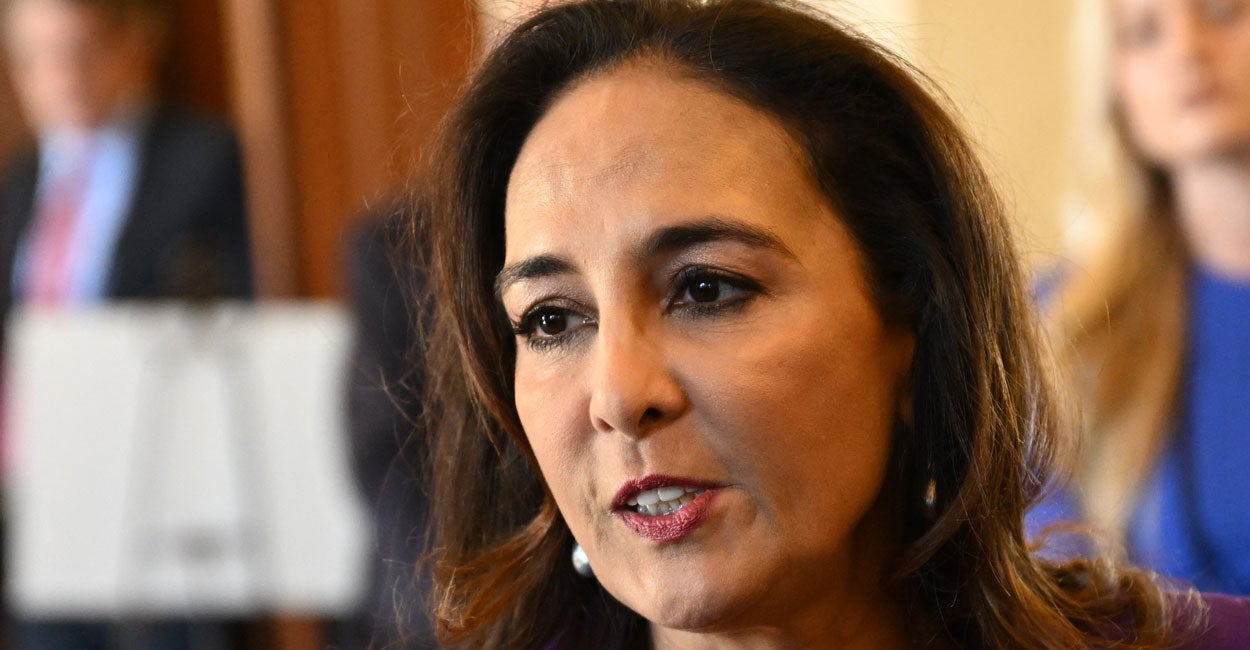The Time magazine quote that’s causing people to throw away their Caitlin Clark jerseys
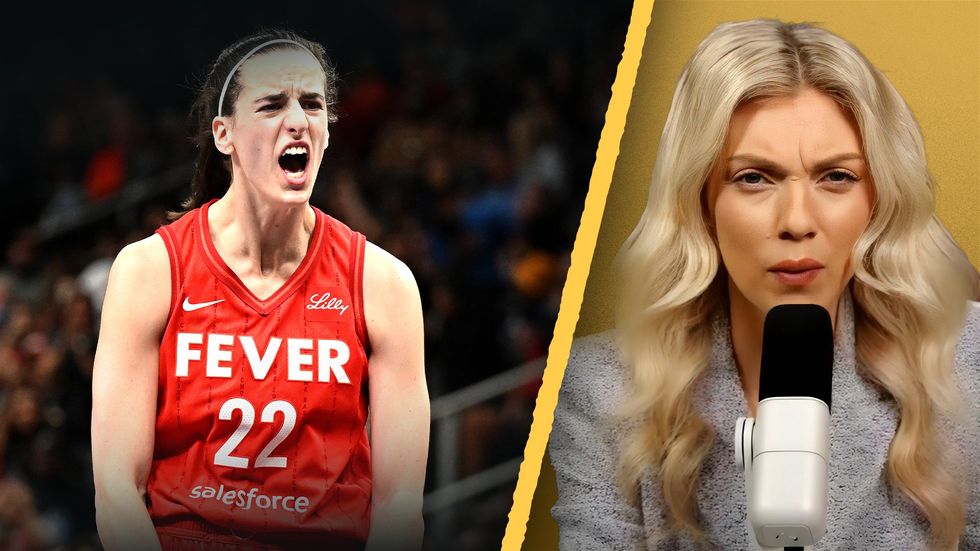

Indiana Fever superstar Caitlin Clark has brought attention to the WNBA more than all other athletes combined in the history of the league. She’s a once-in-a-lifetime player who could have risen to Michael Jordan levels had she maintained what everybody assumed was neutrality or silent conservatism.
Unfortunately, Clark went full-blown woke in her Time magazine interview that named her Athlete of the Year.
Liz Wheeler reads a quote from the article that’s causing fans from every corner of the country to toss their Caitlin Clark jerseys in the donation pile.
“I want to say I’ve earned every single thing, but as a white person, there is privilege. A lot of those players in the league that have been really good have been black players. This league has kind of been built on them. The more we can appreciate that, highlight that, talk about that, and then continue to have brands and companies invest in those players that have made this league incredible, I think it’s very important. I have to continue to try to change that. The more we can elevate black women, that’s going to be a beautiful thing,” Liz reads.
The backlash for this statement has been swift, says Liz.
“It's just wokeness — essentially apologizing for being white, talking about having white privilege, talking about trying to pressure brands and companies to elevate black women,” she sighs, pointing out that the WNBA was actually “built on the back of the NBA, who for years subsidized it.”
“No one should care about skin color; you elevate someone based on the merit of their actions. What happened to content of character versus color of the skin?” she asks, noting that Clark’s statement was unnecessary because the times have clearly changed.
“Why would she say something like this when she didn't need to? It's not 2020 any more, where these professional athletes are under this enormous amount of pressure to be woke or face social ostracization.”
After talking to her sister, who just graduated from college, where she played NCAA basketball, Liz thinks she has pinned the answer that explains Clark’s virtue-signaling.
“Caitlin Clark didn't switch from being a conservative to a liberal,” as many people assume, she says. “Caitlin Clark has always been woke; she's just been quieter about it.”
As for her decision to go public with her wokeness now, Liz says it most likely has to do with keeping and acquiring sponsorships from companies that are “still suffering from wokeness.”
Want more from Liz Wheeler?
To enjoy more of Liz’s based commentary, subscribe to BlazeTV — the largest multi-platform network of voices who love America, defend the Constitution, and live the American dream.
Originally Published at Daily Wire, Daily Signal, or The Blaze
What's Your Reaction?
 Like
0
Like
0
 Dislike
0
Dislike
0
 Love
0
Love
0
 Funny
0
Funny
0
 Angry
0
Angry
0
 Sad
0
Sad
0
 Wow
0
Wow
0





























